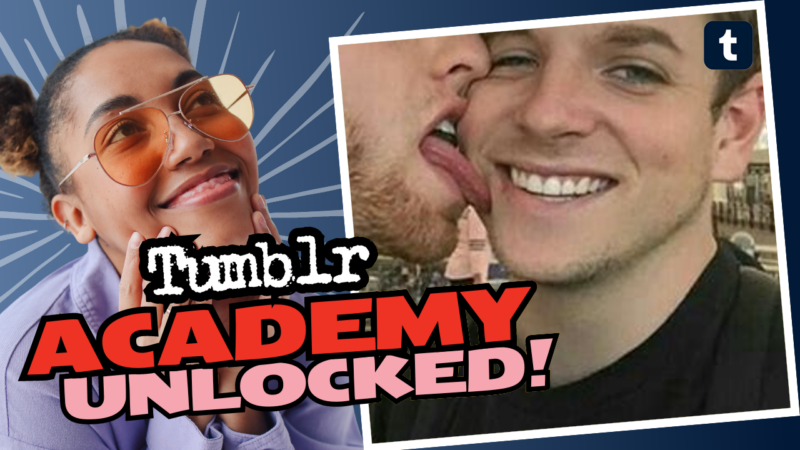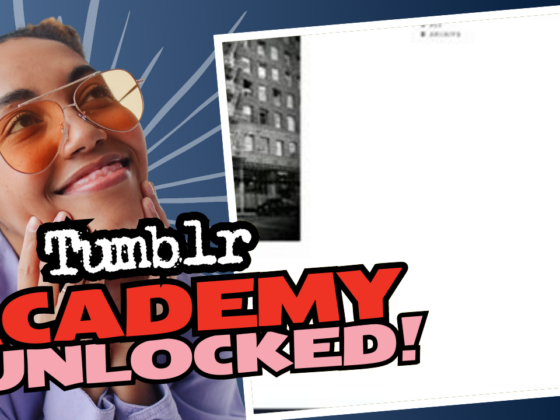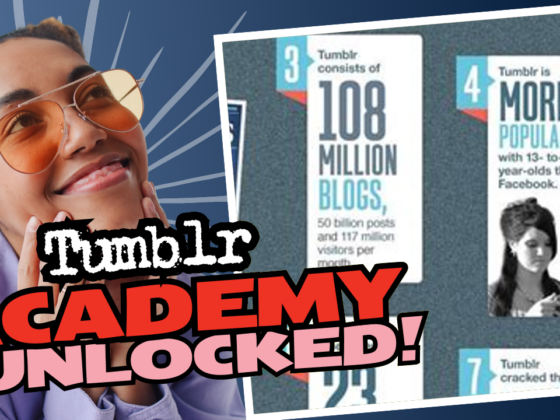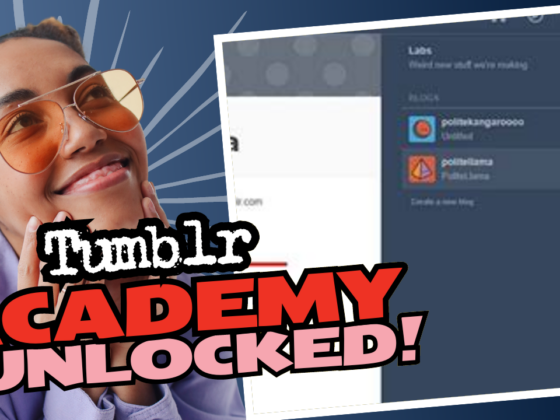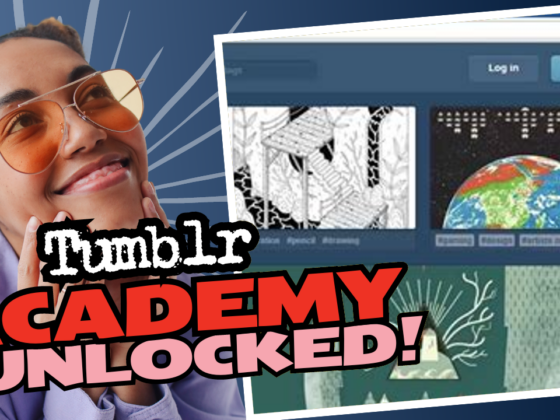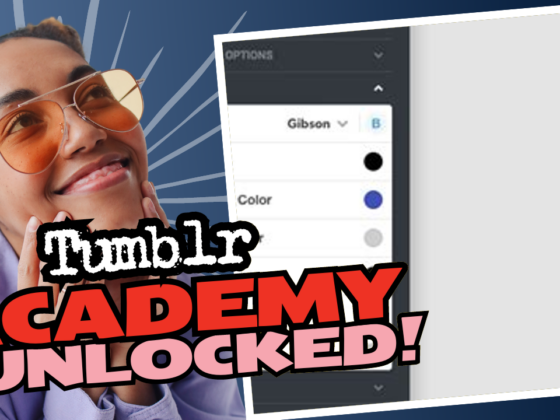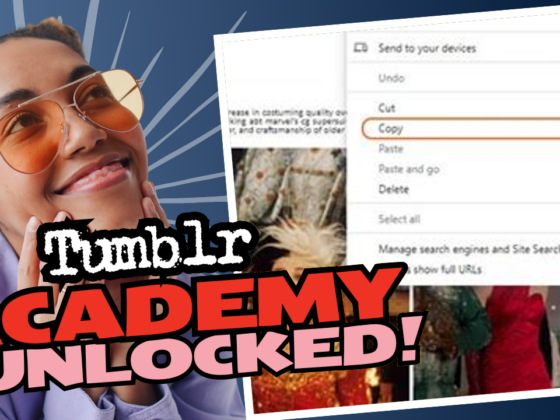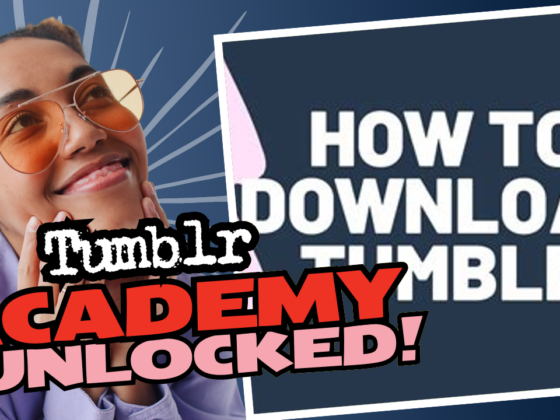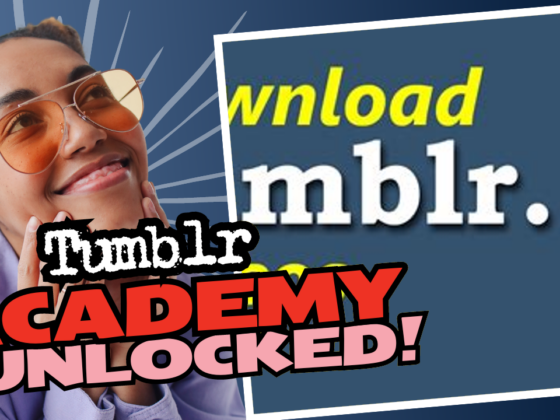Do Gays Use Tumblr Anymore? Spoiler Alert: It’s Complicated
Ah, Tumblr. Once the undisputed champion of the quirky, dark, and fabulously unapologetic corners of the Internet—a place where memes, aesthetics, and personal rants coalesced into a vortex of social commentary and creative expression. But as we tiptoe through the realm of LGBTQ+ discussions there, we find ourselves wrapped around the burning question: do gays use Tumblr anymore? The answer, my friends, is wrapped in a peculiar blend of nostalgia, community, and a *feat of identity politics*.
It’s basically like trying to navigate a maze while riding a unicycle blindfolded. On one hand, Tumblr was a revolutionary platform for the queer community, a sanctuary that flourished in the shadows of traditional social media. It provided a haven for unique self-expression. But with the rise of other platforms, changing societal norms, and an ever-evolving language around identity, is the site still a vibrant hub for LGBTQ+ folks? Let’s dive into the colorful mess that is the queer discourse on Tumblr!
Reclamation and Identity: The Big Queer Dilemma
First, let’s address the elephant in the room: the word “queer.” Oh boy, do people have opinions on this one. For many in the LGBTQ+ community, the term carries the lineage of a weapon—as a slur used by bigots, which morphs it into a complicated landscape of reclamation through time. The debate over whether it’s an umbrella term, a marker of solidarity, or a bothersome label expressed the ongoing struggle with identity within a community that’s supposed to be all about *acceptance*.
So here’s the catch: While some embrace “queer” as a versatile descriptor that captures a non-heteronormative identity, others find it uncomfortable or even offensive, thanks to its *visceral associations* with mockery and pain. Like how can we casually say, “I’m queer!” when that very word still evokes traumatic memories for some? Not cool, right? And all while you have well-meaning folks insisting it’s a beautiful term to embrace.
This brings us to a dramatic irony of sorts. It seems like people demanding others to reclaim “queer” are often the same ones who don’t have to contend with the risks that come with its usage in certain areas. Ever tried explaining to a cishet doctor that “queer” isn’t just an idiosyncratic badge of honor, but heavy baggage quietly packed with years of discrimination and misunderstandings? Yeah, good luck with that.
The Gatekeeping Game: Not as Fun as It Sounds
Now hold onto your hats because here comes the part that’s downright tedious: the pervasive gatekeeping in queer spaces. It’s like being stuck at an impromptu family barbecue and suddenly getting subjected to a heated debate about who gets to claim the title of “true queer.” It’s exhausting! Just because you identify one way doesn’t mean everyone else has to play your game or abide by your rules.
It’s kind of ironic, isn’t it? We advocate for inclusion, yet here we are, labeling each other and scrutinizing our identities based on our “checkboxes.” It’s like, *please*, not the checkbox game! If I want to identify as a vague, beautifully complicated mess of feelings and experiences without having to put a label on it, I should be able to do that without your scrutiny.
Imagine laying down life experiences and identity nuances, and then being asked for your “romantic orientation”—like a menu item—and how many shots do you want with that? I identify as “needing some flipping space.” Apparently, that doesn’t fit into any standardized form yet!
The Modern-Day Tumblr Chronicles: Who’s Still Hanging Out Here?
Now, let’s get to the heart of the matter: do gays still use Tumblr? Well, yes and no. With the rise of platforms like Twitter, TikTok, and Instagram, many have hopped on those trendy trains to express their identities and create communities. However, Tumblr still holds its place for some members of the LGBTQ+ community who thrive in its unique ecosystem.
- Email generators for gender identity memos? Check!
- Drama, memes, and aesthetic inspiration? Absolutely!
- Forums for discussing hot topics in queer culture? Sign me the hell up!
However, the problem is that with fewer fresh faces coming in, the established crowd can lead to *a stagnant conversation*. And let’s face it—if your community hinges on referencing outdated memes, how vibrant can it truly be? Those icons of deep social commentary fade faster than the high notes at a karaoke bar!
Cishet People Trying to Get In: A Recipe for Disaster
Let’s not forget the ongoing hilarity brought by the presence of cishet people in queer spaces. You’ve got to love that come-late-to-the-party energy that feels oddly reminiscent of that one aunt who shows up to Thanksgiving dinner ready to critique your choice of stuffing. It’s wild that some cishet individuals feel entitled to wade into the complex waters of queer identity discussions, armed only with memes and a *misunderstanding* of the language.
This leads to some hilariously awkward moments—like a cishet asking someone about their genitals or what type of “queer” they claim to be. The sheer chutzpah is astounding! Forget updates on personal lives—can we just slap on a cue card to educate them on how to engage with sensitive topics without diving head-first into shark-infested waters?
Here’s a thought: how about we educate and empower the allies in our midst first? It’s bafflingly simple, but apparently, we’re too busy focusing on who uses which label for our sanity. It’s vital to help others navigate the intricacies of identity, language, and respect in our communities before letting them loose in the wild feelings jungle of queer jargon!
Fateful Discussions about Language: Are We Really Listening?
When it comes to belonging, dialogue matters. Yes, talking about how language impacts us and shapes our identities is crucial. But do we always carry on those discussions with graceful consideration? Or are we losing sight of genuine connection in our struggle for representation? The respect to identify as you prefer should remain paramount—but how do we ensure it when there are so many competing narratives clashing?
What if that one word that has found a place in many hearts becomes a bone of contention, risking a divide when it should unite? Ultimately, the most magical part of the queer community is its diversity—so how do we move between respecting others’ lived experiences while maintaining our authenticity?
This brings us back to Tumblr—a wild whirlwind of feelings and perspectives where you might stumble across a post that resonates or outrages you. But if you think it’s all doom and gloom, remember, at least it’s a place for whining about pancakes while dissecting the complexities of it all!
In Conclusion: The Tumultuous Twists of Identity Politics
So, back to the burning question at the start: do gays use Tumblr anymore? The answer is a bit like your aunt’s secret potato salad recipe—*it depends*. Though newer platforms capture the youth’s attention, Tumblr maintains an eclectic audience unwilling to abandon its roots. It mixes nostalgia, freedom, and exploration of identity through distinct conversations, painfully witty discussions about reclaiming slurs, and the occasional glimpse of triumphant community artistry.
If anything, engaging with these narratives can provide valuable insights into our own experiences and help foster conversations that uplift instead of divide. And while it may take time and effort, it’s like making a flippin’ delicious pancake from scratch—worth every minute for a satisfying bite of connection. So, next time you hear the word “queer,” remember: not everyone’s lived through the same experiences. Let’s allow space for all to claim their identities—terminology and all included. Because at the end of the day, we’re all just trying to find our place in this wonderfully chaotic universe. Right?

